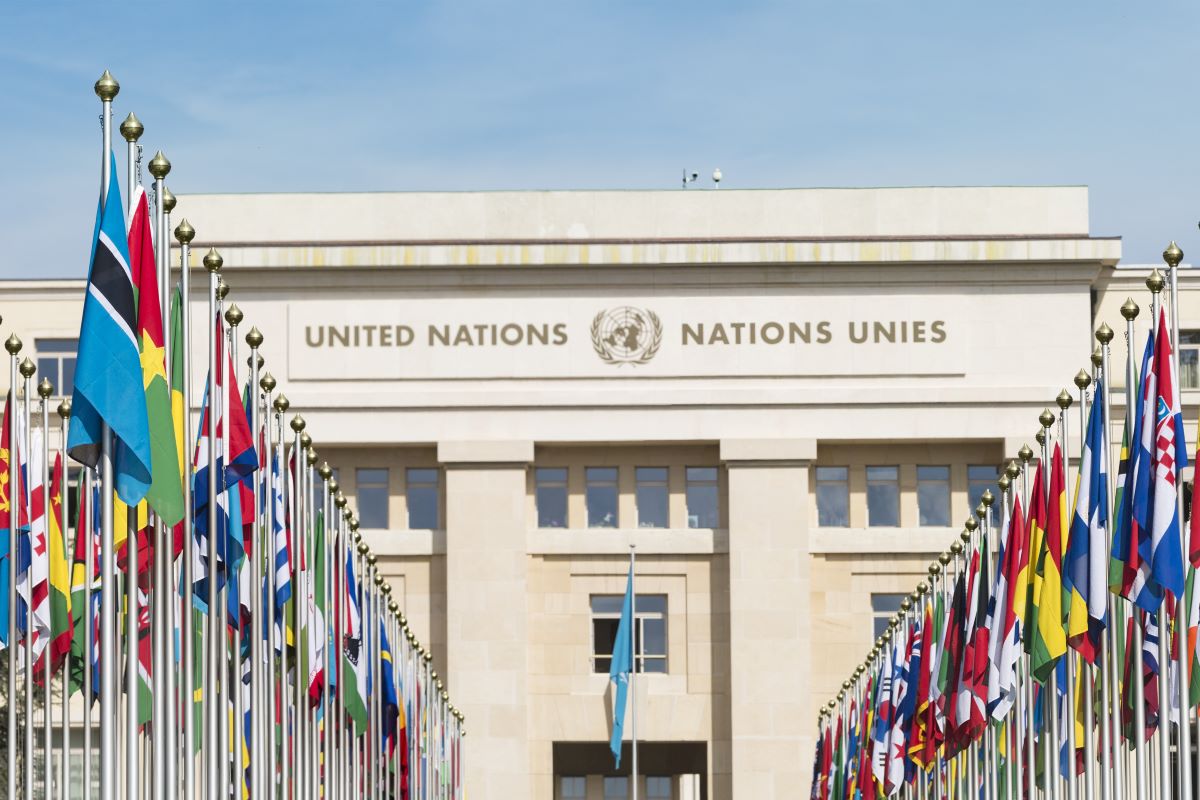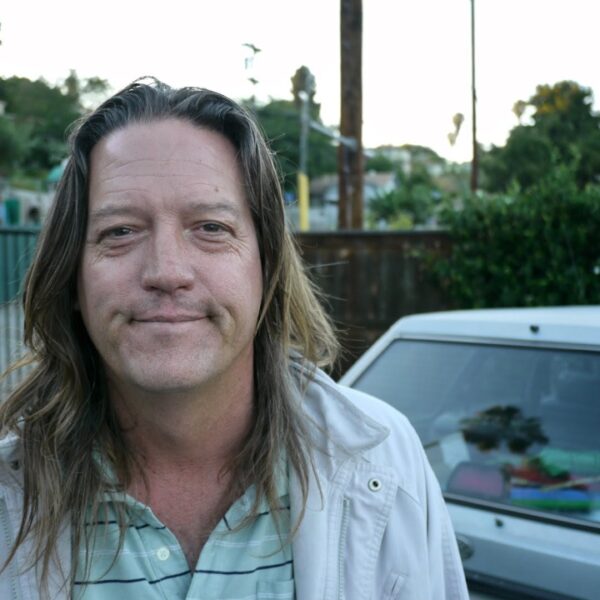The criminalization of homelessness has become such a widespread problem in the U.S. that advocates are asking the United Nations to pay more attention to the issue.
In a report filed to the U.N.’s Human Rights Committee on September 12, lawyers with the National Homeless Law Center and the Miami Human Rights Clinic asked the international body to track four specific practices that have emerged since 2014.
- The political efforts to increase the criminalization of homelessness
- The use of federal police officers to engage in the criminalization of homelessness
- Criminalization of sharing food and other aid to homeless people and
- The expanded use of criminal involuntary treatment for people with mental health challenges.
The report was filed at a time when there are more than 120,000 people across the U.S. experiencing chronic homelessness. Meanwhile, rates of homelessness are increasing for families with children and senior citizens, especially those from historically marginalized communities, as home prices and rents continue to climb.
“Despite expanded federal and grassroots efforts to end criminalization practices, the growth in criminalization is associated with a nationwide growth in unsheltered homelessness,” the report concluded. “Cities have sought to make homelessness invisible by criminalizing the very activities unhoused persons must engage in to stay alive.”
Over the last two decades, addressing the needs of poor and homeless people has been a consistent disagreement between the U.S. government and the U.N.
In 2021, the U.S. government argued in its Fifth Periodic Report to the U.N. Human Rights Committee that access to housing is not “inextricably related to or otherwise essential to the enjoyment of the right to life.” It also argued that addressing homelessness and poverty falls outside its obligations under the International Covenant on Civil and Political Rights.
The U.N. disagrees with these arguments. For example, the Human Rights Committee said in a General Comment from 2019 that states have an obligation to address “general conditions in society that may give rise to direct threats to life or prevent individuals from enjoying their right to life with dignity.”
Furthermore, the U.N. Committee on the Elimination of Racial Discrimination has called on the U.S. to end its practice of criminalizing homelessness because of its disproportionate impact on people of color.
This disagreement on the role of a state in resolving homelessness is one driving force behind local efforts to criminalize the issue further, the report argued.
For instance, the report found that laws that criminalize sleeping outside have increased by 50% since 2006. Meanwhile, 55% of the 187 cities the report surveyed had laws that prohibit sitting or lying in public. Another 72% have laws prohibiting public camping, while 60% have laws against public loitering, loafing, or vagrancy.
These laws have “proliferated” in small towns, the report continued. The report points to the Township of Norristown, Pennsylvania—a town with about 35,000 residents and roughly 450 homeless people sitting 45 minutes northwest of Philadelphia—to make its case.
According to the report, the local town council blocked an affordable housing development, closed the local homeless shelter, and passed an ordinance that prohibits people from camping on municipal property.
Another concerning development that the report points to is using federal agents to enforce laws against homelessness. At the end of August, federal agents with the U.S. Forest Service and Bureau of Land Management shot and paralyzed a homeless man while attempting to remove him and his family from federal land.
Eric Tars, legal director for the National Homelessness Law Center, told Invisible People that the incident was emblematic of the rising violence against homeless people.
“This shows that violence against homeless people isn’t just vigilante violence or individual violence, but is, in fact, systemic,” Tars told Invisible People in an interview. “And that’s why we need systemic change, from the top down.”
How You Can Help
Many communities have laws that criminalize activities homeless people need to do in public to survive, including:
- Sitting or lying down
- Loitering or loafing
- Eating or sharing food
- Asking for money or panhandling
- Sleeping in cars and outside or camping
Not only is the cost of criminalizing homelessness high, but it does nothing to solve homelessness and violates human rights. Anti-homeless legislation leads to homeless people being arrested or fined, which makes it harder to find housing and jobs and access social services.
Contact your legislators and demand they stop supporting legislation that criminalizes homelessness. Instead, they should support policies that invest in Housing First, a proven successful approach to solving homelessness.












